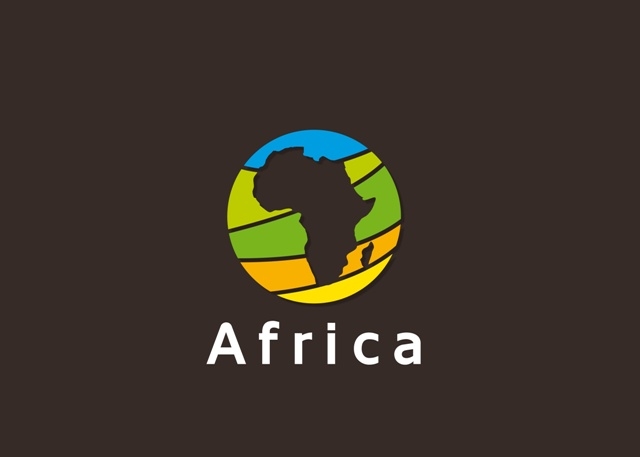
Our recent focus on China was just the first in a series. This week we put Africa in the centre of attention, to share with you our latest work on African development.
But even when the spotlight is on Africa, it is hard to ignore China, a key player in recent years on the black continent. Recently we examined China’s close ties with Africa. The strong mutual interest is primarily rooted in Africa’s abundant resources on the one side, and Chinese infrastructural investment and shipping of manufactured goods on the other. Indeed Chinese investment in Africa has reached unprecedented levels and contributes substantially to Africa’s development.
You may now wonder: Is this approach sustainable? And how does it contrast with EU development policy? Well, just read our briefing on China’s role in development in Africa: a challenge to the EU approach. Our short analysis China’s presence in African ports: investment across the ocean explains why China is so keen on developing Africa’s transport infrastructure. If this triggers your interest in Sino-African relations, get inspired by our keysource on China’s role in Africa (which we promise for later this week).
Even if the benchmark is low, Africa’s economies keep growing steadily. The World Bank’s latest report confirms the continent’s impressive average growth rate at over 5%: double the global average. Continued investment in infrastructure is said to be key to future growth. We gathered the most interesting analyses on Economic growth in Africa in an info package. Telecommunications, notably cell phones, also contribute to Africa’s growth, as this technology has not only revolutionized many Africans’ daily life, but also promotes business opportunities and creates employment, as we highlight in our brief analysis Development in Africa: the mobile phone factor.
However, there is no 1:1 equation that translates Africa’s economic growth into wealth for the poor. Hence development aid by international donors, including the EU, remains important. The EU’s development policy follows the UN Millennium Development Goals (MDGs). With the 2015 deadline for the MDGs approaching, we gathered the views of various stakeholders on the Post-2015 development agenda in a keysource. And we dedicated an entire briefing to the second of the eight MDGs, universal primary education, and examined the EU support for education in developing countries.
 Sure, we do not publish an analysis on Africa every day. But our information specialists use research papers and think tank, research institute and international organization policy briefs, for their daily posts on our topical information portals on the Library’s intranet page. Just browse our Development and ACP pages … and you will certainly find plenty of food for thought. Hmmm, you mean you rather fancy home delivery? Alright. MEP’s offices and EP staff can subscribe to email alerts that deliver the latest analyses direct to their inbox.
Sure, we do not publish an analysis on Africa every day. But our information specialists use research papers and think tank, research institute and international organization policy briefs, for their daily posts on our topical information portals on the Library’s intranet page. Just browse our Development and ACP pages … and you will certainly find plenty of food for thought. Hmmm, you mean you rather fancy home delivery? Alright. MEP’s offices and EP staff can subscribe to email alerts that deliver the latest analyses direct to their inbox.
Just to close, if you’re a real “bookworm” you may be delighted to hear that your favourite Library still buys books, (print and e-books). Such as
- Africa toward 2030 : challenges for development policy / Lundsgaarde, Erik (Palgrave Macmillan, 2012)
- Partenaires en développement et réduction de la pauvreté en Afrique noire / Amouzou, Essè (L’Harmattan, 2013)
- African democracy and development challenges for post-conflict African nations / Veney, Cassandra Rachel; Simpson, Dick W (Lexington Books, 2013 ; e-book)
And we even hold journal subscriptions for the Africa insider, such as Africa confidential, African affairs, African development review, Journal of African economies… actually too many to list them all.








Reblogged this on GIANLUCA PASCA – oltre … la politica..
[…] last week, our theme this week was African development. We gathered several posts on the topic in Monday’s forecasting post. Additionally, we published three freshly-produced posts – presenting China’s presence in […]
[…] integration in Sub-Saharan African countries is not forthcoming. Let’s sign off with a reminder that there is now a serious challenger to European partnership in Africa: […]